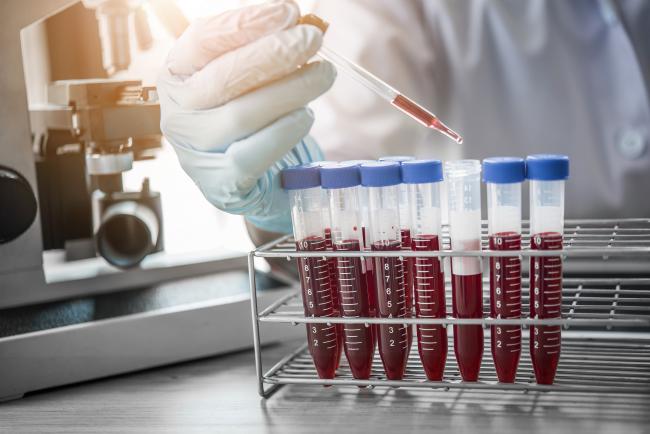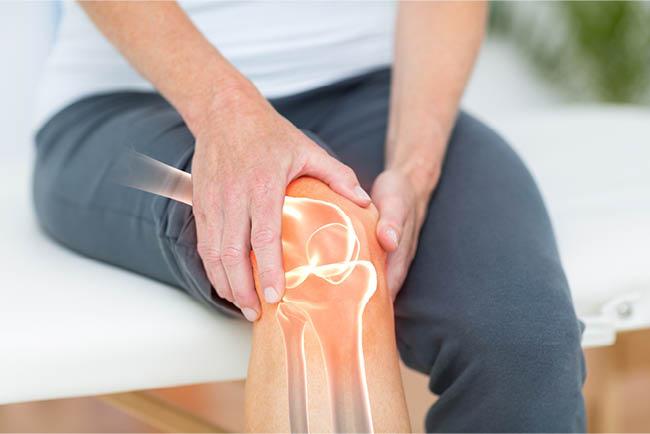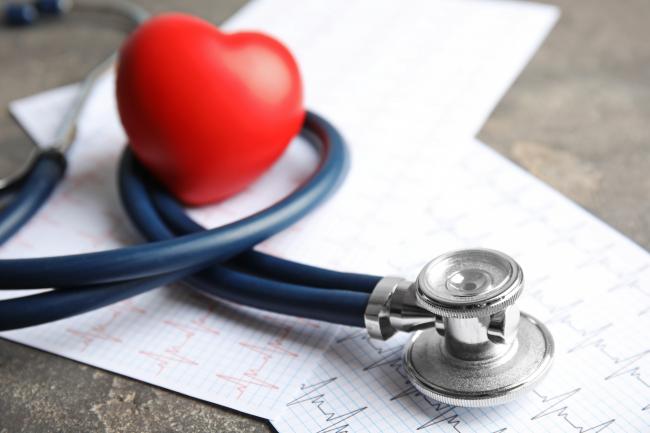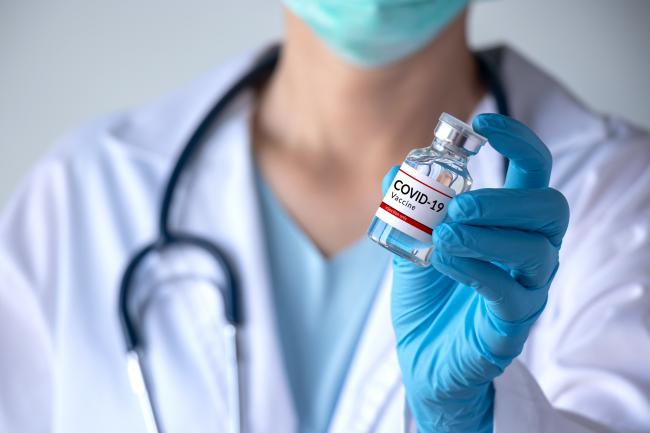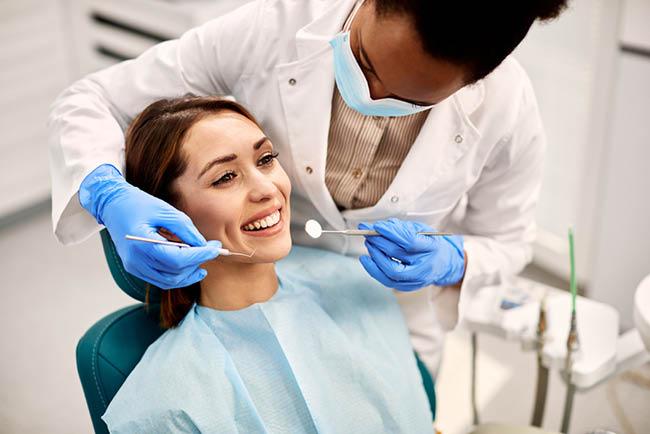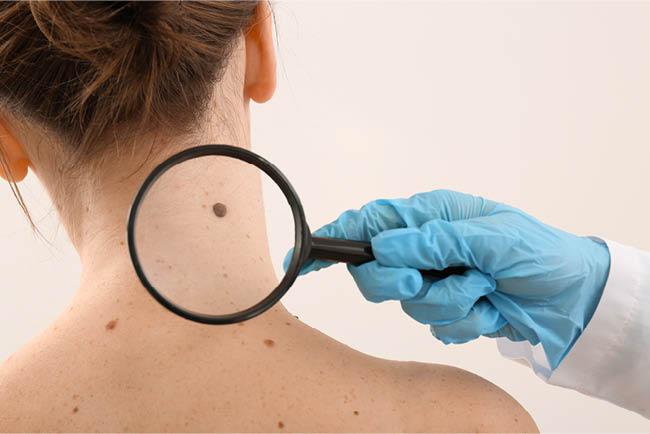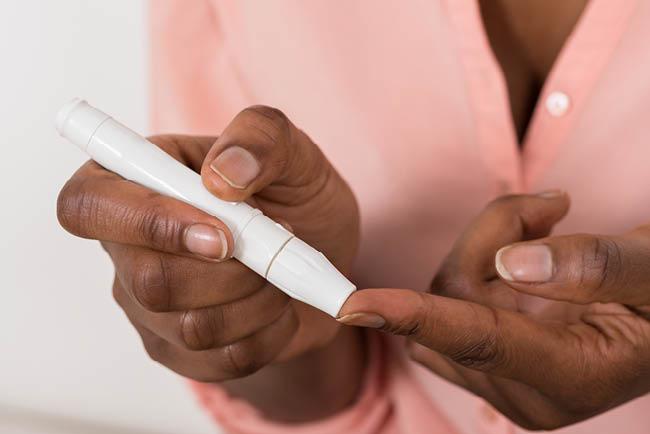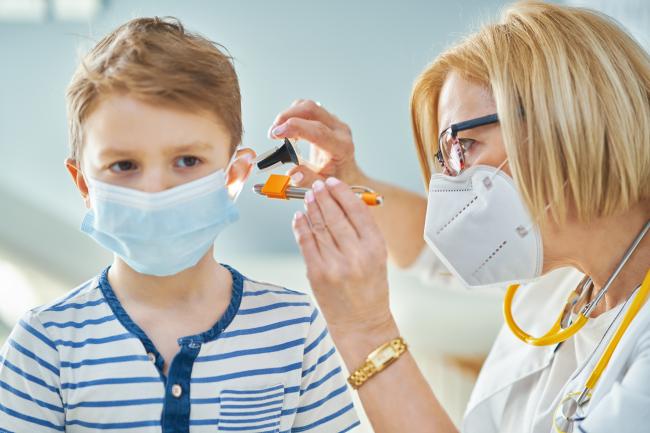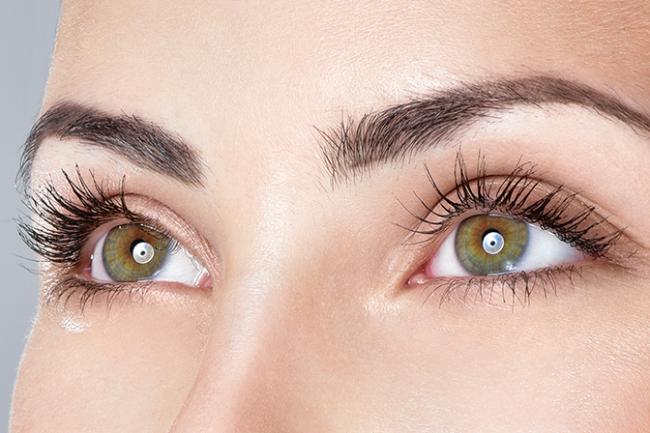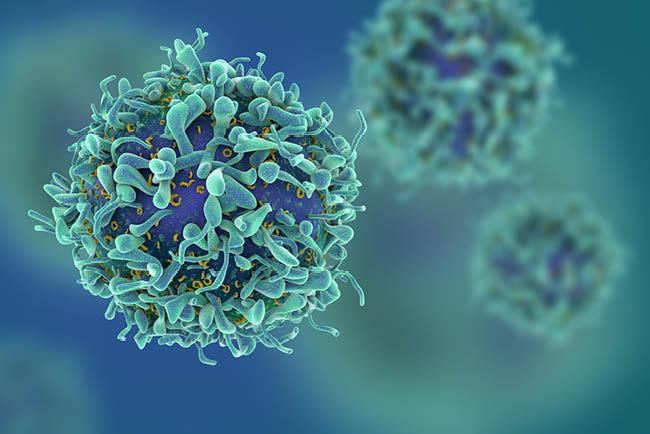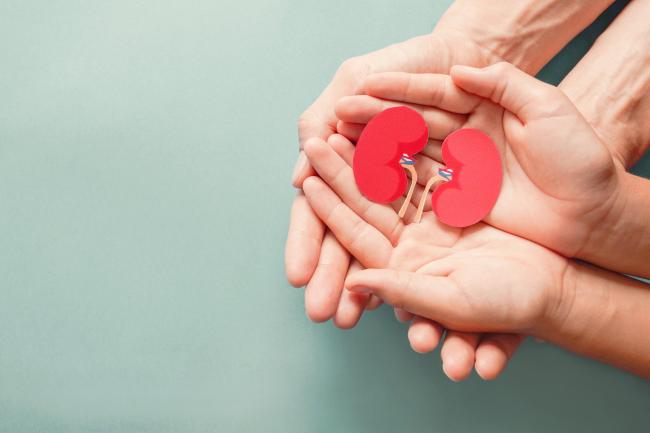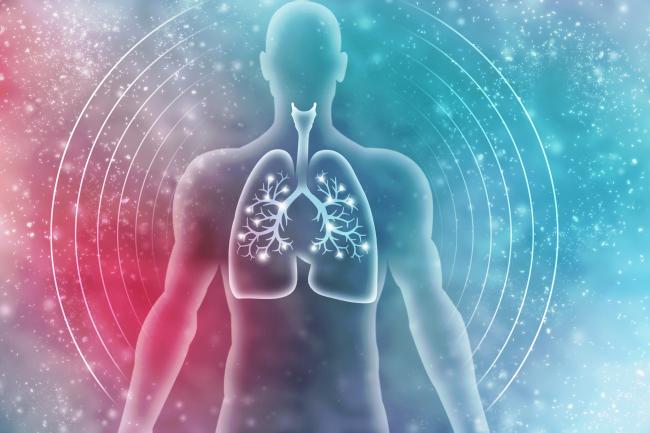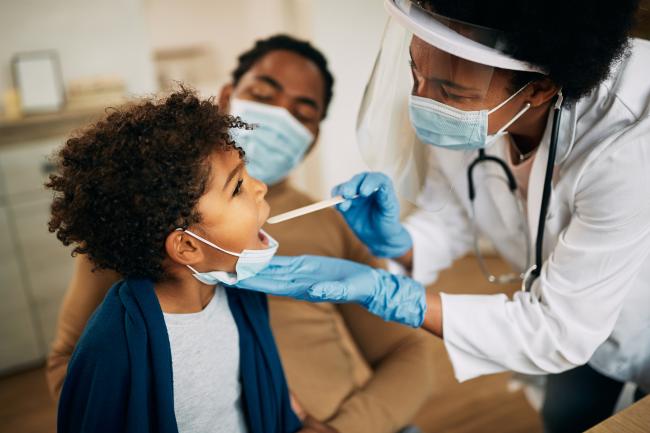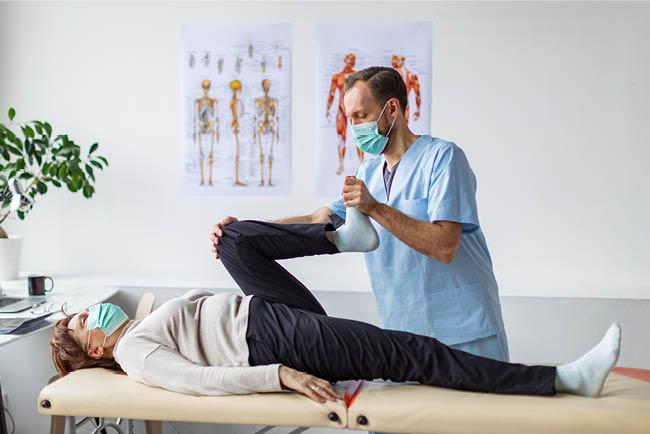Search Studies
Research studies are looking for volunteers just like you. Both healthy volunteers and participants with specific health conditions are needed to help answer important questions impacting the health of our friends and family. Join us to improve the health of others.
-
Chill Nic (Nicotine Pouch) Study
Official Title Examining the Role of Cooling Agents in Oral Nicotine PouchesPurpose
Adult cigarette smokers who live in Ohio are invited to participate in 5 study visits to understand how different nicotine pouches compare to one another as well as their usual brand of cigarette. Each visit lasts about 1 hour.
Participation involves visiting our lab, trying oral nicotine pouches, smoking your regular brand of cigarette, and filling out surveys.
Could this study be right for you?
- Must be a current cigarette user
- Must be 21 years old or older
- Must be willing to attend 5 study visits at OSU
Age Range
21 years and up -
How Do Ketone Supplements Affect Brain Function in Healthy Adults
Official Title Effects of Acute Ketone Supplementation on the Brain (KETO-BRAIN)Purpose
This study looks at how ketone drinks affect the brain in healthy adults. Ketones are natural substances your body makes when it breaks down fat for energy. Scientists think ketones might help protect the brain and improve how it works.
We want to learn if drinking a ketone supplement changes blood flow to the brain and affects brain chemicals that help with thinking and memory. This information could help us understand if ketone drinks might be helpful for brain health as people age.
If you join this study, you will:
- Come to the research center 3 times over about 1-2 weeks
- Drink either a ketone supplement or a comparison drink (you will not know which one)
- Have brain scans using an MRI machine (like a large medical camera)
- Take simple thinking tests on a computer
- Have finger stick blood tests to measure ketone and sugar levels
You will first come in for a consent visit that take about 1 hour. Then, you will return for two more visits that will take about 3 hours each. You will drink a special beverage twice a day for two days before each scan visit. The study uses MRI scans to safely take pictures of your brain without radiation. We will measure blood flow in your brain and certain brain chemicals before and after you drink the supplement.
This research may help scientists better understand how ketones work in the brain. This could lead to new ways to support brain health in the future.
Could this study be right for you?
Who Can Join:
- Body Mass Index (BMI) between 18.5 and 30
- Able to skip eating overnight before study visits
- Not following a keto diet
Who Cannot Join:
- People who do not speak English
- Currently using ketone supplements or following a keto diet
- Pregnant or breastfeeding
- Allergic to milk protein or lactose intolerant
- History of high blood pressure
- History of alcohol problems in the past 2 years
- History of illegal drug use
- Head injury that caused loss of consciousness
- Brain or nerve disease diagnosis
- Taking medications for mental health conditions
- Current smokers
- Anyone with metal in their body or other reasons they cannot have an MRI scan
Age Range
45 - 65 years -
Behavioral Assessment Method Index (BAM)
Official Title Behavioral Assessment Method Index (BAM)Purpose
The goal of this study is to develop measurements that can improve treatments for children who suffered a stroke. When young infants suffer a stroke, they often have long-term difficulties in the use of their arms and hands. Learning more about the development of reach-and grasps behaviors in healthy, typically developing children will help us develop better treatments for impaired children.
You and your child will visit our lab four times: at the beginning of the study, and one, three and 7 months after the beginning of the study. A trained assessor administers game-like activities to your child. Each assessment involves direct evaluation of the child’s development in fine motor, gross motor, language, and cognitive development and will take about 2 hours.
Could this study be right for you?
Inclusion:
Age: Between 8 and 36 months old at baseline
Full Term Birth (37 to 41 weeks gestation)
Healthy development (meeting milestones)
Exclusion:
Diagnosed or suspected impairments (auditory, visual, cognitive, motor)
Age Range
4 - 36 months -
Child Screen Time and Eye Health Survey
Official Title Child Screen Time and Eye Health SurveyPurpose
The purpose of the study is to assess the relationship between hours of screen time and dry eye symptoms in children.
You will be required to take one online survey, which takes about 5 minutes to complete.
Could this study be right for you?
- Parents or legal guardians of children.
Age Range
Up to 18 years -
CP-MOVES: Standing Intervention for Children with Motor Delays.
Official Title CP-MOVES: Complex rehabilitation technology enabled Physical activity for children with Motor delays Via telehealth in natural EnvironmentsPurpose
This study will examine physical activity, sleep, and quality of life in children with severe motor delays and their parents before and after an 8-week intervention using adaptive standers.
Parents with a child with severe motor delay will enroll with their child (up to 1 parent per child). Both parent and child will participate in one telehealth-supervised session per week and two unsupervised sessions per week. Both parent and child will wear activity trackers on the wrists and waist for 1 week before and 1 week after treatment in order to measure physical activity and sleep. Parents will also complete surveys on quality of life before and after treatment.
Could this study be right for you?
- Medical diagnosis causing motor delay
- Unable to stand independently
- A parent or primary caregiver able to enroll as a participant in the study
- Internet or cellular service to join telehealth sessions
- Live within 100 miles of Ohio State University or willing to travel to the lab for one visit
Age Range
1 - 6 years -
Living Well with Advanced Breast Cancer
Official Title Living Well with Advanced Breast CancerPurpose
The purpose of this study is to understand how patients with advanced breast cancer are using supportive care, what has helped them, what has been hard, and what kind of help they still need. Our goal is to learn from patients and caregivers about met and unmet survivorship care needs, including care that focuses on improving health and well-being of a person living with cancer.
Study participants would be asked to complete a brief survey on their demographics via phone or email. Participants will then complete a one-time interview with our study staff via zoom, phone call, or in person, depending on preference. During the interview, the study team will ask for feedback on patient and caregiver experience and needs regarding support services.
Total study participation is less than 2 hours and can be done remotely.
Could this study be right for you?
- Diagnosed with stage 4 metastatic breast cancer within the past 5 years
- A patient in the Medical Oncology Clinic at Stephanie Spielman Comprehensive Breast Center (SSCBC)
Age Range
18 - 110 years -
Low Dose Tamoxifen with or without Omega-3 Fatty Acids for Breast Cancer Risk Reduction
Official Title Phase 2 Study of Low Dose Tamoxifen +/- High Dose Omega-3 Fatty Acids in Overweight Postmenopausal Women at Increased Risk for Breast CancerPurpose
This study wants to measure the effects of low dose tamoxifen and omega-3 fatty acids (may also be known as fish oil) on a woman's risk of developing breast cancer.
In this study, half of the participants will be asked to take low dose tamoxifen and the other half low dose tamoxifen with omega-3 fatty acids for about six months. Everyone taking part in the study will be watched carefully for any side effects, which may or may not happen. Tissue and blood collection will be a part of the study participation.
This study is looking for volunteers with an above average risk of developing breast cancer. We will enroll up to 66 participants at institutions across the country. The study lasts about eight months.
Could this study be right for you?
- Postmenopausal
- At increased risk of breast cancer, due to genetic mutation, family history, prior DCIS, LCIS, or atypical hyperplasia
- Overweight or obese (BMI ≥ 25 kg/m2)
- Do not have breast implants
- Seen in Stefanie Spielman Comprehensive Breast Cancer Center in Columbus, OH
Age Range
45 - 65 years -
TBI and other Acquired Brain Injuries Study
Official Title Resource Mapping for Families of Children with Brain InjuryPurpose
The purpose of this study is to assess the family needs of children with a brain injury. We want to explore your experiences getting care, the barriers, and facilitators your family has faced in navigating and accessing services after hospital discharge, and your ongoing unmet needs.
Could this study be right for you?
- You are a primary care giver of a child that sustained a brain injury
- Your child was hospitalized for an overnight stay as a result of their brain injury
- Your child was 18 or younger when their brain injury occurred
- You speak English
Age Range
19 years and up -
Participate in an Eight-week Online Mind-body Research Intervention for Brain Health in Males
Official Title Internet-based Mind-Body Training (iMBT) for Brain HealthPurpose
The internet-based Mind-Body Research Intervention aims to promote brain health in males 50 years of age or older, who have cognitive concerns but no formal diagnosis of mild cognitive impairment or dementia.
Participation will involve web-based, phone-based, and in-person assessment sessions. Assessment session will include a blood draw, neuropsychological assessments, MRI scan, and Fitbit tracking. Followed by the eight-week online internet-based mind-body intervention where participants are invited to complete one 2.5 hour session per week at their own pace.
Could this study be right for you?
- At least 50 years old and concerned about your memory or attention
- Fluent in English
- Access to WiFi at home
- Never diagnosed with mild cognitive impairment or dementia
- Live in the Greater Columbus Metropolitan area
- Willing to commit to a virtual research intervention and in-person assessments
- Gender: Male
Age Range
50 years and up -
MARIS Study for Young Girls
Official Title Longitudinal Modeling of Interpersonal Stress Induced Rumination to Understand Depression Risk in Adolescent Girls (MARIS)Purpose
This study looks at how young girls think about and react to stress—both in their brains and in their daily lives—to see how these patterns might lead to or predict depression. It aims to understand whether certain ways of handling stress put some girls at higher risk for developing depressive symptoms.
If eligible, the child will complete assessments which include clinical interviews over Zoom, surveys, cognitive testing, and an MRI each year, for up to three years.
A parent/guardian is required to enroll in the study and will complete questionnaires and a clinical interview as well.
Could this study be right for you?
Inclusion Criteria:
- Female
- 10-14 years of age at enrollment
- Youth assent and parent consent
Exclusion Criteria:
- Psychotropic medication use in the past 4 months
- Metal braces or plans for braces in the next 2 years
- Developmental disorder
- History or diagnosis of depression, substance use disorder, bipolar disorder, psychosis or seizures
- Traumatic brain injury
- Claustrophobia
Age Range
10 - 14 years -
Testing Acolbifene vs Low Dose Tamoxifen to Prevent Breast Cancer
Official Title Phase IIA Trial of Acolbifene (20 mg) vs Low Dose Tamoxifen (5 mg) in Pre-menopausal Women at High Risk for Development of Breast CancerPurpose
This study wants to see if two medicines, acolbifene or a small dose of tamoxifen, can lower the chance of getting breast cancer in women who are at high risk before menopause.
Acolbifene and tamoxifen work by blocking estrogen, a hormone that can help cancer cells grow. By blocking estrogen, these medicines may lower the chance of breast cancer in women at high risk. The study lasts between 6 and 8 months.
If this study works, it could give us new ways to help prevent breast cancer.
Could this study be right for you?
- Pre-menopausal
- At increased risk of breast cancer, due to genetic mutation, family history, prior DCIS, LCIS, or atypical hyperplasia
- Seen in Stefanie Spielman Comprehensive Breast Cancer Center in Columbus, OH
Age Range
35 years and up -
Blocking Orexin Receptors to Help Treat Alcohol Addiction and Stress-Driven Drinking
Official Title OASIS - Orexin Receptor Antagonism for the Treatment of Alcohol Use Disorder and Stress-Related DrinkingPurpose
This study will look at whether suvorexant can help treat alcohol use disorder, how it works, and who it works best for. Suvorexant is a medicine that blocks certain brain signals linked to wakefulness.
Your total participation time in this study will be approximately 9 weeks.
Could this study be right for you?
Inclusion Criteria:
- Age 18-65
- Participant is able to give informed consent
- Engage in heavy alcohol use defined as drinking ≥14 standard drinks per week if male and ≥7 standard drinks per week if female.
General - Exclusion Criteria
- Clinically significant medical or neurological condition (e.g., liver disease, narcolepsy, complex sleep behaviors, severe hepatic impairment, COPD, severe obstructive sleep apnea)
- Current or past DSM-5 diagnosis of mania, schizophrenia, psychosis
- Past suicide attempt within 3 years or presence of moderate suicidal ideation
- Engage in night-shift work
Age Range
18 - 65 years

